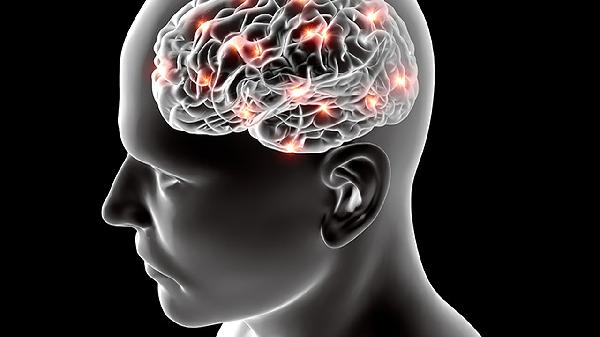Mental health is of paramount importance. As the pace of life accelerates, people's material lives are becoming increasingly abundant, but their spiritual lives are becoming very impoverished. This can lead to certain psychological illnesses, which, if not effectively treated, can result in serious consequences.
What are the symptoms of psychological disorders?
1. Emotional disturbances
People with emotional disturbances tend to be dull and indifferent. Their thought content and emotional responses do not align with external stimuli, leading to severe psychological illnesses and schizophrenia. Patients become very cold and indifferent to events around them, reducing their demands for learning and life, and almost losing any interest in hobbies. When the condition progresses to a certain extent, they may show indifference and lose emotional connections with their surroundings and people when faced with great pain and sorrow.
2. Will and behavioral disturbances
Patients' activity levels significantly decrease, and they lack initiative. Whatever they do, they are in a passive state or retreat. They have little demand for social, academic, and work activities, dislike initiating interactions with others, and are very lazy, unwilling to go to work or school. In severe cases, their behavior becomes extremely passive, staying seated or lying in bed for long periods without grooming or caring for themselves.
3. Hallucinations or perceptual disturbances
Some patients may experience verbal auditory hallucinations, always hearing strangers or family members talking, with some content causing them great discomfort. Their behavior is often dominated by these hallucinations, such as laughing, fear, anger, or muttering to themselves, and they may even become immersed in the hallucinations, talking or laughing to themselves.
4. Catatonic syndrome
Patients may experience unexplained tension, accompanied by increased muscle tone. If they lie flat on the bed for a long time, their head and pillow may be separated by a distance of 10 centimeters, or they may stand still with their eyes closed all night. Additionally, patients may develop delusions, such as delusions of reference or persecution, accompanied by jealousy, paranoia, self-blame, and guilt.
Friendly reminder
Strive to overcome psychological conflicts. Usually, one can learn more about mental health knowledge to improve mental health levels. When psychological conflicts arise, one should try to adjust and seek active treatment. Recognize one's abilities correctly; if expectations are too high or goals exceed one's capabilities, it is easy to suffer setbacks. Long-term feelings of failure and frustration can lead to psychological conflicts, affecting mental health. Expand social interactions, as mutual understanding and expression of thoughts and feelings in interactions can help one relax and eliminate psychological barriers.
























